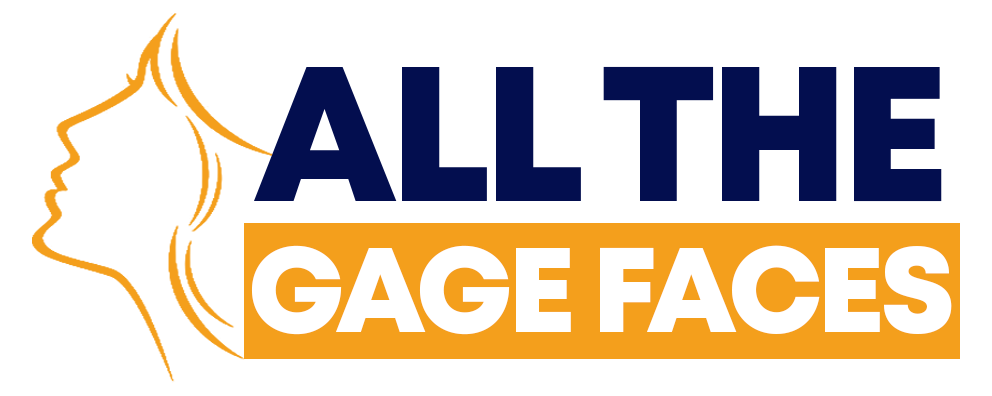General practitioners play a key role in managing healthcare journeys. They help with everything from diagnosing illnesses to coordinating complex treatments. Think of them as the conductors of a symphony, ensuring each part works in harmony. They guide patients through the maze of specialists, tests, and treatments. Whether dealing with chronic conditions or elective procedures like Botox® Clifton, their expertise ensures smooth transitions and informed decisions. This support makes healthcare less daunting and more manageable.
Understanding the Primary Role
General practitioners, often called family doctors, serve as the first point of contact in healthcare. They provide continuous and comprehensive care. They manage common medical conditions and refer patients to specialists when necessary. This role ensures patients receive appropriate care at the right time. Their broad knowledge allows them to address a wide range of health issues efficiently.
The Importance of Coordination
Coordinating care involves more than referrals. It includes managing patient records, communicating with specialists, and following up on treatments. This coordination helps avoid unnecessary tests or procedures. It also reduces healthcare costs and improves patient outcomes.
General Practitioners vs. Specialists
General practitioners and specialists work together but have different roles. Here is a simple comparison:
| General Practitioners | Specialists |
| Broad medical knowledge | Focused expertise in a specific area |
| Manage overall health | Treat specific conditions |
| Continuous patient relationship | Consult on specific needs |
Building Trust and Communication
Trust is key in the doctor-patient relationship. General practitioners build trust through open communication, listening, and understanding. This trust allows patients to share concerns freely, leading to better care. Communication also involves educating patients about their conditions and treatment options. This empowers patients to make informed decisions.
Challenges in Coordination
Despite their best efforts, general practitioners face challenges. Limited resources, time constraints, and complex healthcare systems can hinder effective coordination. However, advancements in technology and electronic health records help overcome some of these barriers. These tools enable better information sharing among healthcare providers.
The Role of Technology
Technology plays a crucial role in enhancing healthcare coordination. Electronic health records store patient information safely and allow easy access for authorized healthcare providers. This ensures continuity of care and reduces errors. Telemedicine also offers new ways for general practitioners to connect with patients, especially in remote areas. For more information on electronic health records, visit the Health IT website.
Encouraging Preventive Care
General practitioners emphasize preventive care. Regular check-ups, screenings, and vaccinations are crucial. These measures help detect issues early and keep patients healthy. Preventive care reduces the risk of developing serious conditions over time. The CDC’s Prevention page provides more information on the importance of preventive health care.
The Future of General Practice
As healthcare evolves, the role of general practitioners will continue to adapt. Their ability to coordinate care effectively will remain essential. Ongoing education and embracing new technologies will support their efforts in providing comprehensive care. The focus will be on patient-centered care, improving the overall healthcare experience.
In conclusion, general practitioners are vital in navigating the healthcare landscape. They coordinate care, build trust, and focus on prevention. Their ability to adapt and embrace new tools ensures they remain central figures in healthcare. By understanding their role, patients can benefit from a seamless and supportive healthcare journey.

